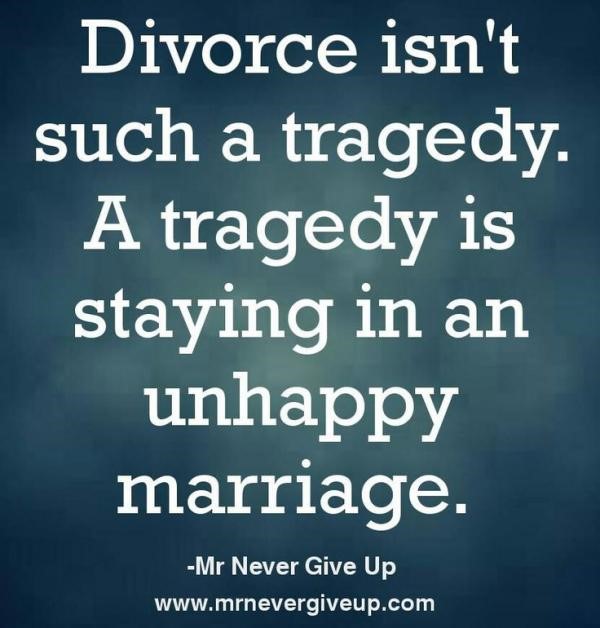Marriage on the Rocks

Pot or Not? – The New Green Revolution
December 11, 2019
Is it over?

How do you know when your marriage is over?
A tough question.
There are no hard and fast rules.
Giving up is not an easy decision. Even seemingly hopeless situations can sometimes be turned around if both sides are willing.
Arguments happen in most homes. That’s not a bad thing. It is often better to bring issues out into the open, since bottling up your feelings can lead to resentment. Resentment in a relationship is like Kryptonite to Superman.
However, despite “till death do us part” some relationships end up on the rocks.
So…how do you know that “it’s over.”?
Here are some key questions to ask yourself:
- Have you stopped loving your partner or vice versa?
- Are unhealthy arguments making life unbearable?
- Triggered by trivial issues
- Frequent, intense, out of control
- Loud and scary, taking place in front of children
- Physically and/or verbally violent
- Have you grown apart?
- Have your feelings changed?
- Have you lost respect for your partner?
- Has sex gone out the window?
- Have you tried getting help and are no further ahead?
- Is your partner involved with alcohol, drugs, gambling, cheating, etc. and not motivated to stop?
- Is either of you in love with someone else?
Even if some or all of these are true, turning things around is still sometimes possible. Just not as likely.
Only you can decide whether to call it quits. Give yourself lots of time. Talk things over with someone you trust, someone objective. Take a good, careful look at whether things are likely to improve or not. Weigh the pros and cons, but ultimately, it’s about your values, and what you want out of life.
Only you can know.
Separation…divorce

In the bad old days, people stayed together, no matter what. Divorce was not an option.
Times have changed.
Principles to keep in mind:
- All relationships go through hard times. It takes work. Giving up when the going gets rough can be a big mistake.
- At the end of the day, if it can’t be fixed…people have a right to choose.
When a relationship is broken, and cannot be repaired, there are worse things than divorce.

Pretty song from Mr. Never Give Up: https://www.youtube.com/watch?t=199&v=YNVHcTspBYg
Married too young
Some relationships begin before the participants are old enough to really know themselves. Physical attraction is important, but it’s not everything. Sometimes as you “come of age” and look at life in a more mature way, you realize that you made a mistake. There is no shame in this. It happens. If it’s really not working, it’s better to face the music before things get any more complicated.
Sometimes, after the “honey moon is over” your partner’s true colours come shining through. And they’re not pretty.
Psychological impact
Ending a serious relationships can be devastating. Especially if there is “someone else.” Discovering an affair is an acute shock that can drive people to despair. “Ashley Madison” takes no account of the emotional anguish people go through when an extra marital affair is uncovered. It can be as traumatic as the death of a loved one.
Finding out that your partner has cheated can make you physically ill; unable to eat or sleep, crying uncontrollably, sometimes even unable to get out of bed. Thoughts of violent revenge or even suicide (anger turned inwards) are not uncommon.
The breakup may cause ripple effects and major upset for family and friends of the separating couple.
We will have more to say about this topic in a later blog. It is a hugely important issue, and deserves detailed discussion.
The bottom line: Find someone trustworthy to talk to. Don’t try and handle this alone. By the same token, don’t tell everybody everything. Too much openness can come back to haunt you.
For now, let’s look at some basic practical issues that are important when marriage goes “on the rocks.”
Practical issues:
Quick tips on separation
- Ending a marriage or committed relationship isn’t easy. The stress can be right off the charts. Give yourself time to adapt.
- Relationships are complicated. No one gets involved expecting it to end. Don’t be too hard on yourself.
- Keep your emotions in check.
- Don’t say everything you think
Amicable divorce

It doesn’t have to be a bloody battle. Learn about “amicable divorce.” There are people who get along quite nicely after separation; sometimes, better than ever. Amicable makes things so much easier. Especially if there are children.
Work on stabilizing your emotions. It takes practice.
And yes, it’s not easy.
http://www.huffingtonpost.com/jackie-pilossoph/9-reasons-an-amicable-div_b_7831514.html How amicable can turn ugly in a heartbeat
Family Law Information
Before you invest in expensive legal advice, you may wish to contact the Family Law Information Centres (FLIC) located at many family courthouse locations in Ontario. Basic legal advice is presented free of charge to those dealing with family and marital legal issues.
http://www.attorneygeneral.jus.gov.on.ca/english/family/infoctr.asp
Collaborative law
If you and your spouse are heading for a legal separation, consider hiring a “collaborative lawyer.” Collaborative lawyers help couples achieve a peaceful, balanced and fair settlement if both parties are willing to come to the table. Collaborative settlements are often much less expensive. They are invariably less stressful as well.
Here is a website for Ontario. Most jurisdictions now have similar resources:
http://www.oclf.ca/ Ontario Collaborative Law Federation
The Kids
Three quick tips:
- Talk to your kids. Don’t leave them in the dark. Remind your children that:
- It’s not their fault.
- Mom and dad still love them
- Things will be different now, but
- Everything is going to be ok
- Speak respectfully about your spouse
- If you have anger or hurt to share…not with the kids.
- Avoid the “Tug of War.”
The Tug of War

Children are innocent bystanders. If you need help dealing with your emotions…get help. But don’t use your kids as weapons. It’s wrong.
Have a listen to a family court judge who has seen it all.
Words of wisdom from Judge Brownstone.
https://www.youtube.com/watch?v=5RzuWetBhSw Justice Harvey Brownstone
Finally…
As human beings, we seek love and companionship.
Relationships can bring tremendous joy and fulfillment.
When things go wrong, however, they can also rend our hearts and cause unimaginable suffering.
Giving up when the going gets rough is not always the right thing to do. Every relationship goes through tough times. With some hard work, and a willingness to deal with the issues, what’s broken can sometimes be repaired. Sometimes even people who have broken apart and gone their separate ways end up back together years later.
Feelings run deep.
Having said that, recent studies demonstrate that people who give up on toxic marriages not infrequently do quite well in the years that follow. It’s a bumpy ride for a while, but it gets easier. The human spirit is very resilient.
If you are going through relationship trauma, we feel for you. It’s never easy. Don’t give up on yourself. Stay in touch with your feelings. Make sure you have good people to talk to. Love and nurture yourself the way you would anyone else you care about. Stay strong.


